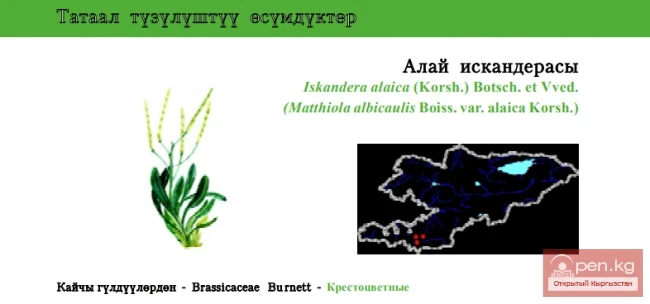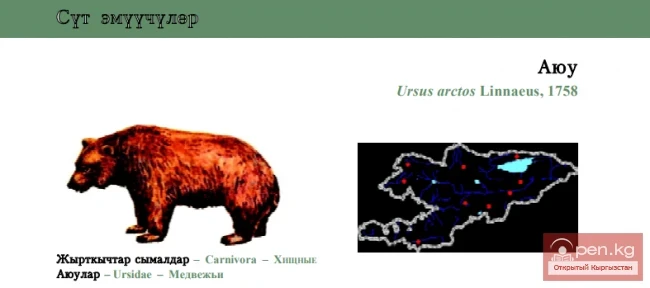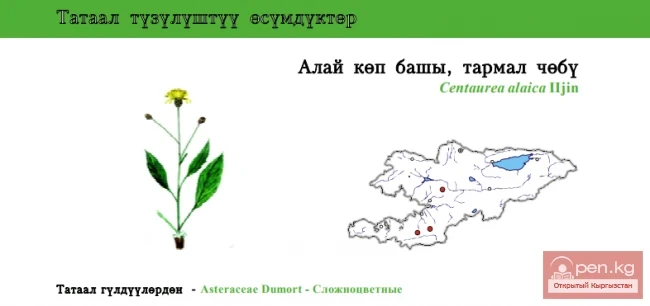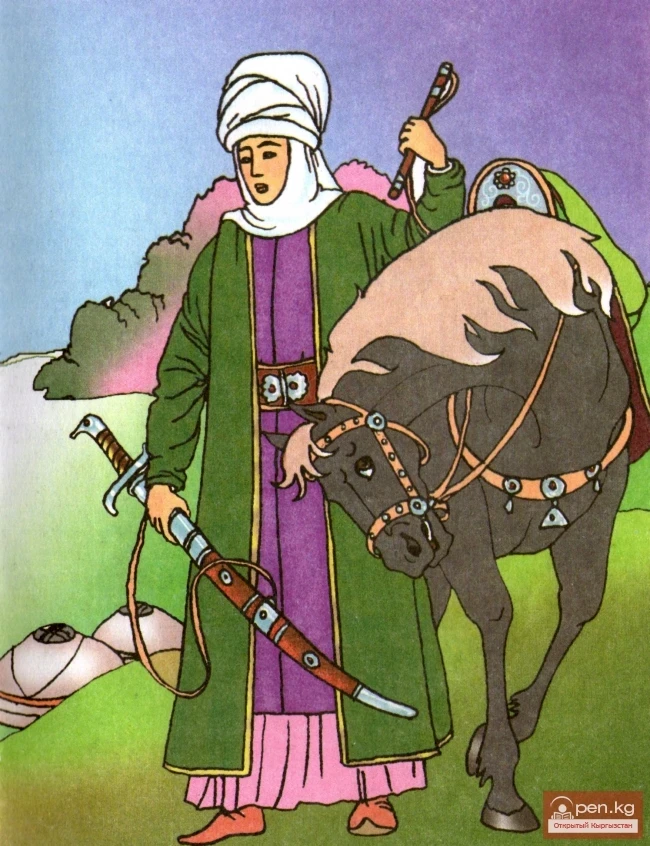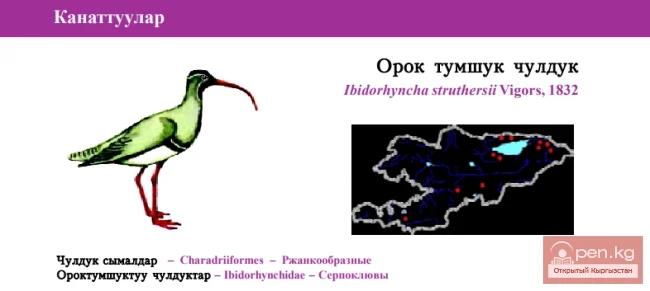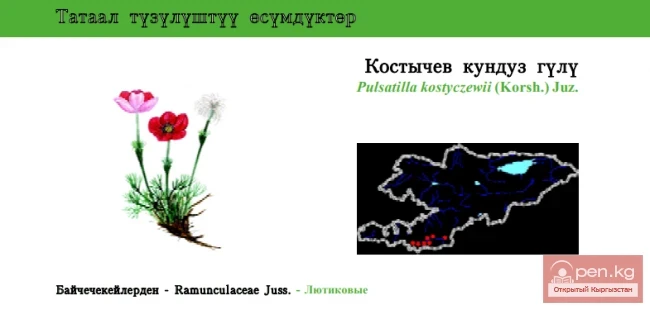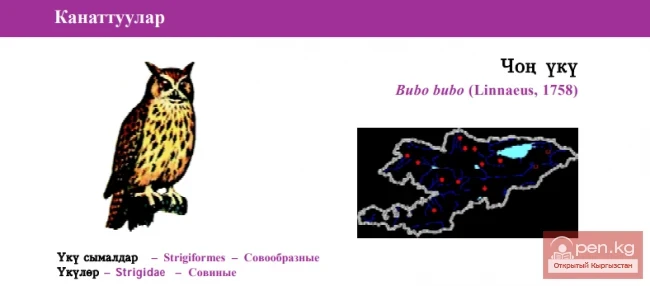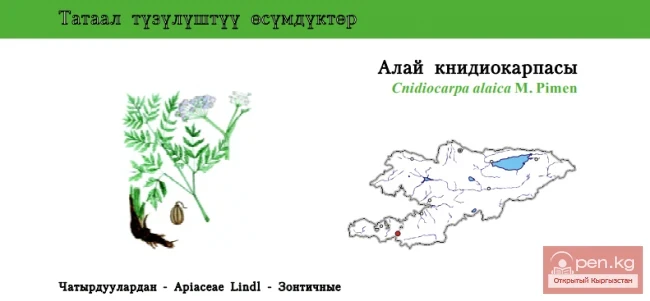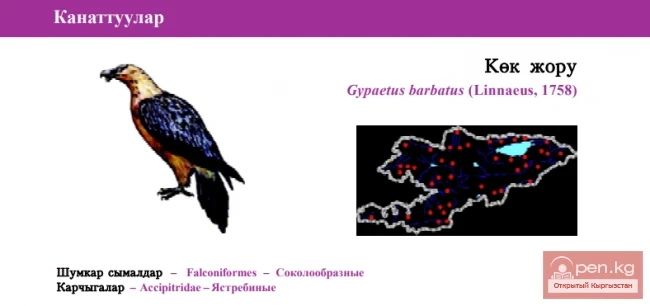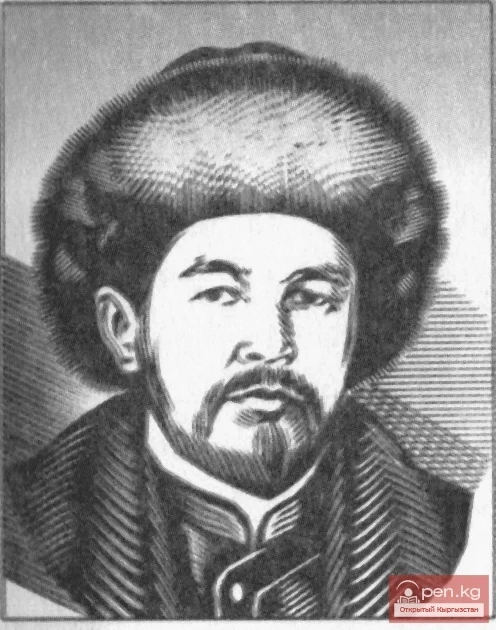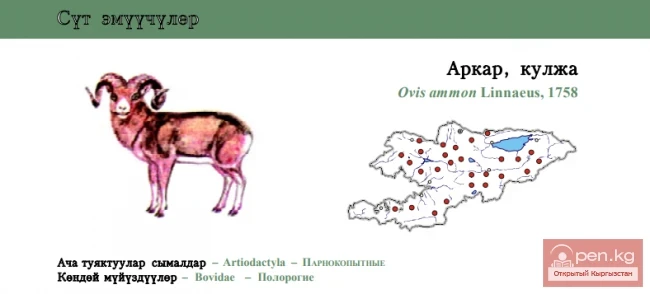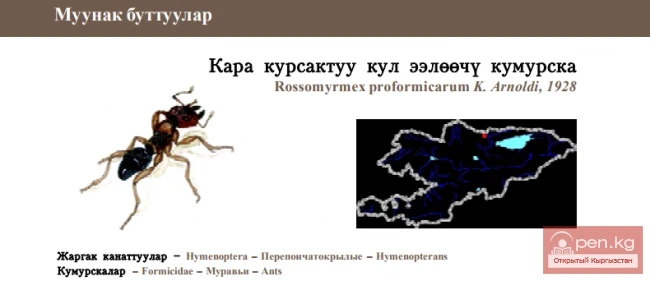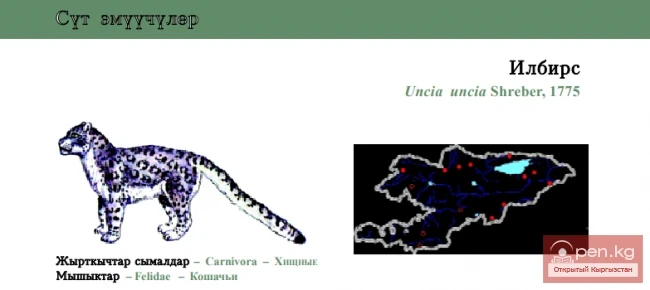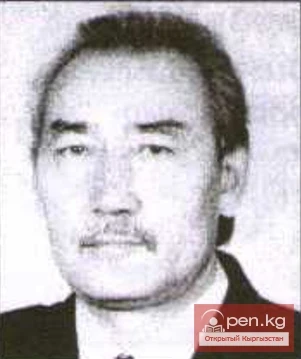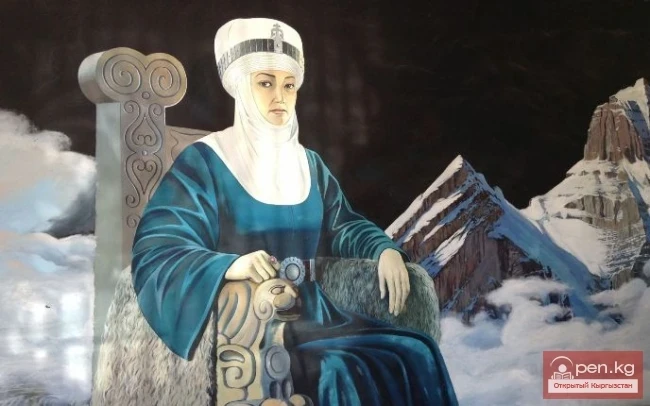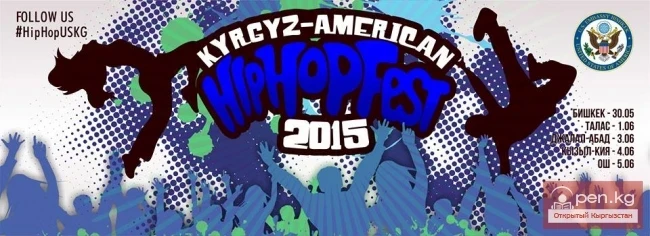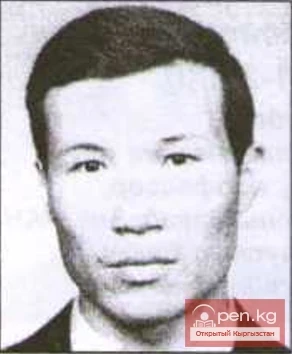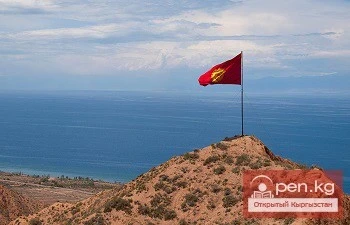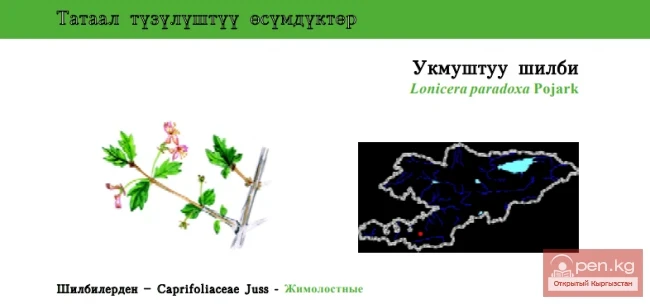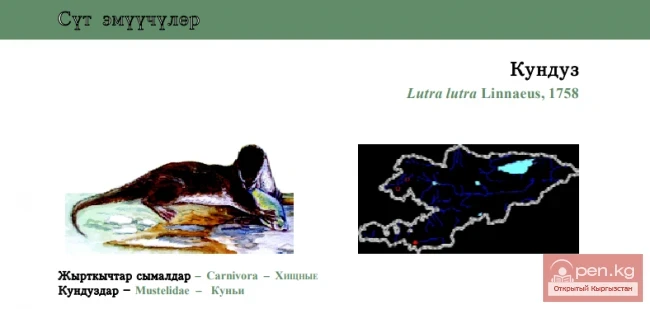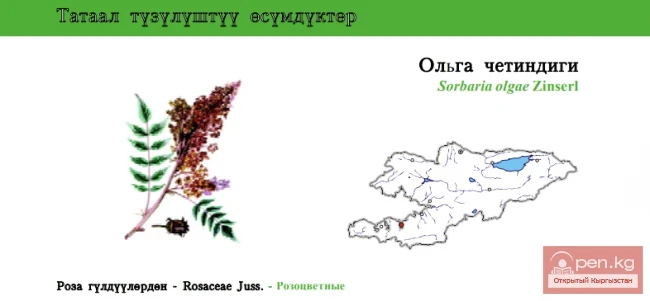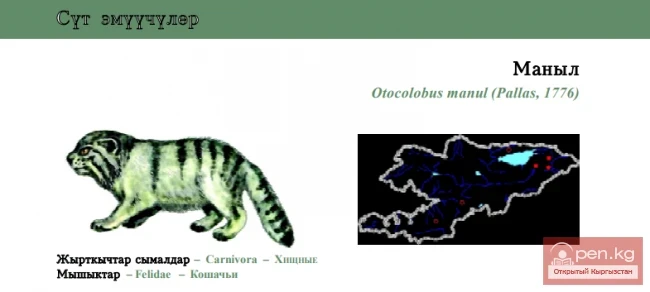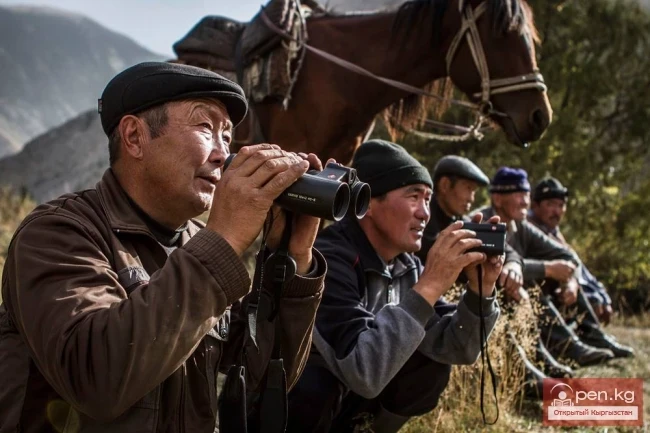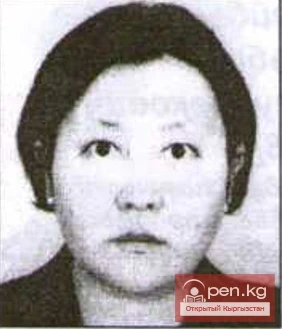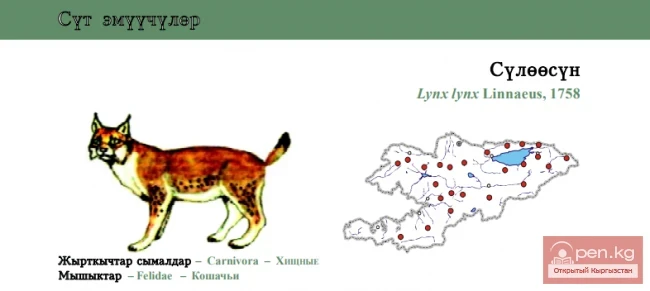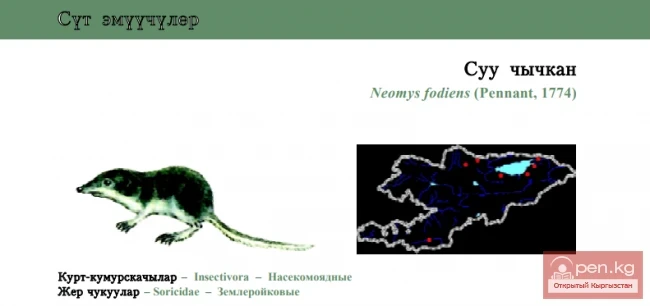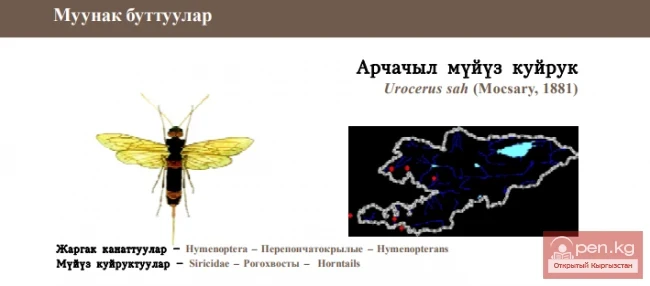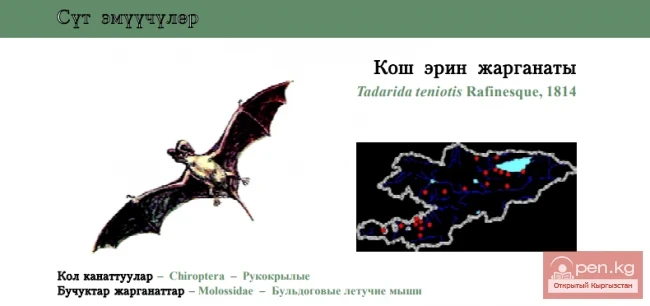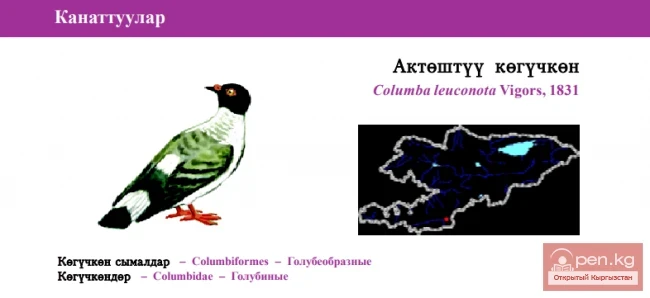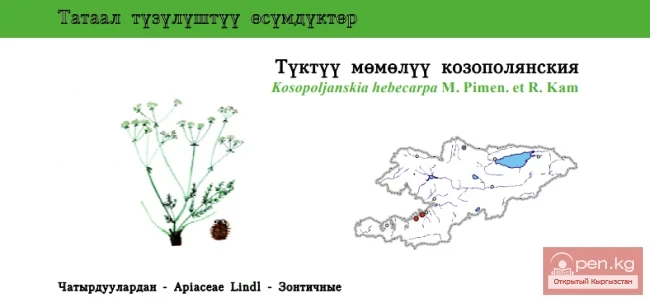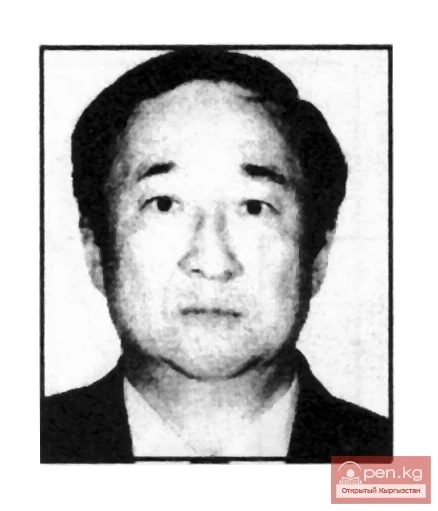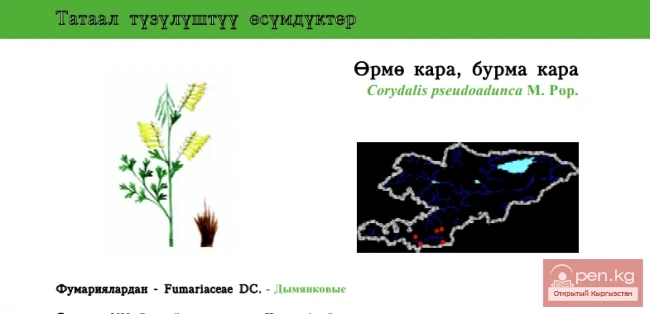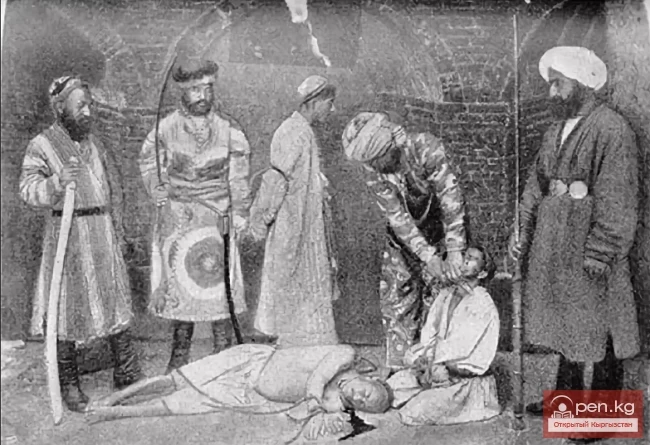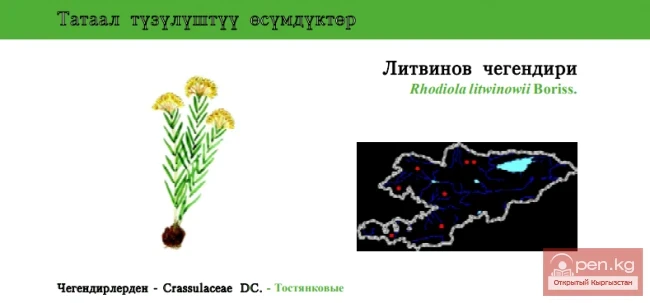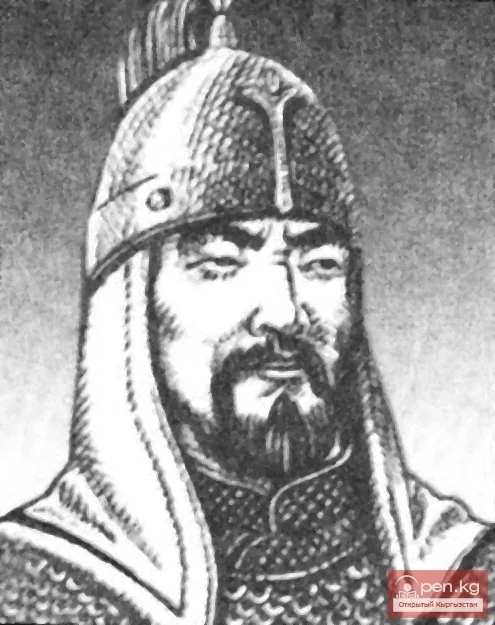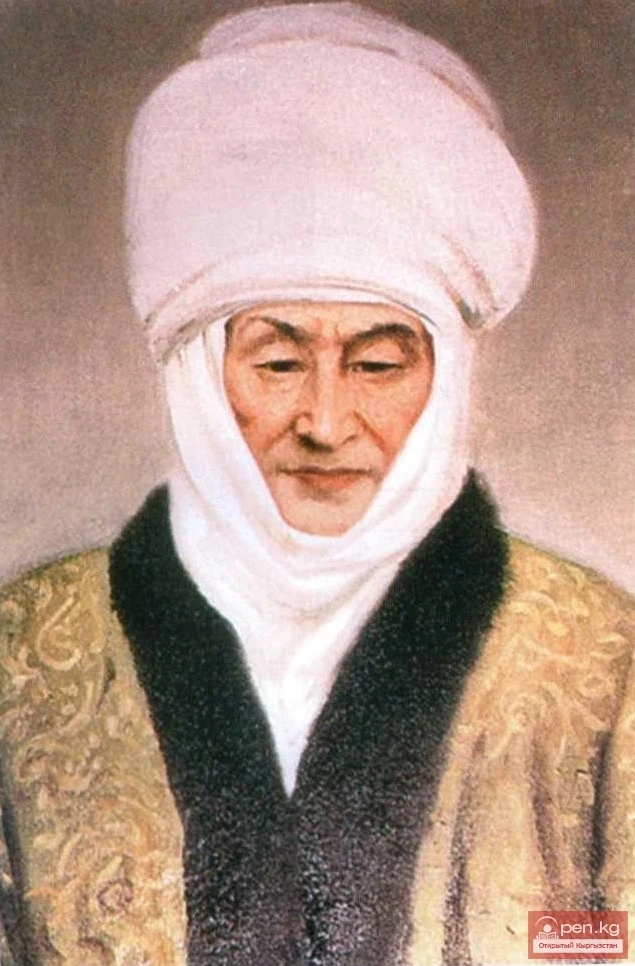
Kurmandzhan Datka - The Ruler of Alai
A wise politician, the ruler of a vast mountainous region, a truly unique phenomenon in the Islamic world of the 19th century.
Most historians rightly consider this figure to be a national representative of the aspirations and ideas of her time.
However, the deservedly high assessment of the historical role of the Alai queen puts her image at risk of being buried under a thick layer of sentimental conjectures and legends. Here, the researcher faces a challenging task - to separate the grains of truth from the chaff of fantasy and popular gossip. This is problematic if one does not know much about the era in which our heroine and her contemporaries lived. So let us not hesitate to sift through piles of archival documents and historical evidence from the time of Kurmandzhan Datka. Many of them will tell us about the largest citadel of medieval despotism in Central Asia in the 19th century - the Kokand Khanate. The Kyrgyz played a significant role in the formation and subsequent decline of this khanate.
The era of Kurmandzhan marks a turning point in the history, lifestyle, and culture of the Kyrgyz people, a time of joining Russia and restructuring the entire socio-economic order.
The subsequent events of the 20th century marked a new stage in the formation of the Soviet model of statehood for the Kyrgyz people - from an autonomous region within the Russian Federation to a union republic of the USSR and, finally, to a sovereign Kyrgyz state.
The 200th anniversary of the Alai queen allows us to reflect on and evaluate the path taken from today's perspective, to confidently build a bright new future for the peoples of Kyrgyzstan.
Zh. Dzholdoshova, founder of the Kurmandzhan Datka Charitable Foundation
TWO LIVES OF KURMANDZHAN DATKA
In 2011, it was the 200th anniversary of the birth of the queen of Alai - Kurmandzhan Datka. The unique fate of this political figure and poetess, unusual for an Eastern woman of the 19th century, deserves to be celebrated with poems, novels, and films. But once, the memory of the wise matriarch nearly faded into oblivion.
The light of the good name of Kurmandzhan, which illuminated the generation of Kyrgyz fighters against the Kokand yoke, almost extinguished during the Soviet era. The ideologists of Bolshevism did not favor the memory of the "manap-bii offspring." As a result, much of what we know today about the ruler of the mountainous region has survived only thanks to popular gossip.
Subsequently, the painstaking work of historians confirmed the accuracy of the descendants' stories, accompanying their words with preserved documents. However, the information preserved by three generations about the legendary queen was gathered bit by bit, later forming the basis for numerous scientific treatises and artistic works. Since the people honor the name of their heroine so much, it is sacred to them. Even the little we know now about this woman is enough to respectfully tip our hats to her...
But let us start in order. It should be noted that the rebellious character of the future Datka made itself known when she was still a bride.
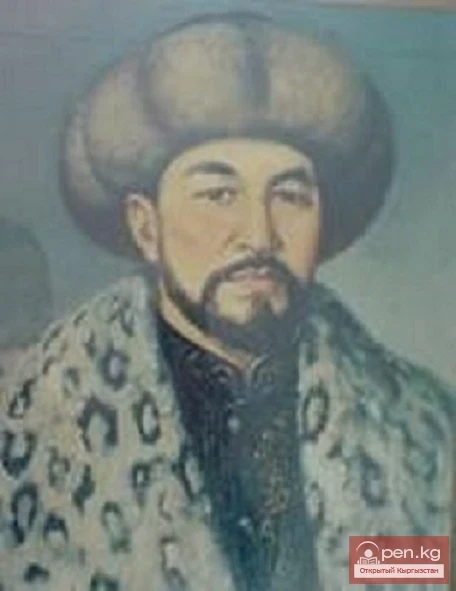
THE REBELLIOUS BRIDE
The Alai queen was born in 1811 in the ayil of Orok, located in the picturesque surroundings of Osh. As soon as the girl turned 18, she was married off according to local traditions and Sharia law. But soon something happened that went against the commonly accepted local norms of "piety." Kurmandzhan decided to leave her unloved husband and return to her native places to her father Mamatbay. This had never happened before! The elders, local mullahs, and relatives did not know what to do: the kalym had long been paid...
Here, we allow ourselves a historical remark. The fate of a disobedient girl could have been quite unenviable if the Kyrgyz had truly followed the strict canons of medieval Islamic law at that time. This was not observed, due to at least two reasons. Firstly, Kyrgyzstan has long been known as a crossroads of different spiritual cultures - from Zoroastrianism to Buddhism. The nomad's soul, like a sponge, absorbed all the influences brought by travelers along the Silk Road. As a result, the people developed a certain breadth of views - the best antidote to harsh legalism and religious extremism.
Moreover, the locals were not very strict Muslims, as they understood little of prayers in an unfamiliar language and the canons of Islam. For example, there is a well-known anecdotal case. Once, the manap of the sarybagysh tribe, Ormonkhan, at the repeated requests of his fellow tribesmen, moved the sacred fast of Uraza from summer to winter on the sole basis that the summer day is longer than the winter one. A Kazakh politician, writer, and public figure, Chokan Valikhanov, who visited Kyrgyzstan, left this note: "All the wild Kyrgyz profess the Muslim religion or, better, call themselves Muslims, not knowing either the dogmas of faith or its requirements. All their rituals and beliefs still retain a full shade of shamanism...".
But even considering the "liberal" attitude towards Sharia at that time, the further fate of the rebellious bride could have turned out sadly. Providence intervened. In the month of Teke in the year 1247 of the Hijra, that is, in July 1831, the hakim - the governor of the Andijan vilayet (an administrative region of the Kokand Khanate), the tribal ruler of the southern Kyrgyz, Alymbek from the Barchy clan, was passing through the fertile jailoo. The renowned traveler was heading to Alai to resolve a number of complicated matters. The troublemaker was brought before the hakim. The bride bowed and stood at the entrance to the yurt.
- Are you the disobedient Kurmandzhan? - asked the hakim. The respondent bowed her head politely once more.
Her long braids glided down her chest. Alymbek, captivated by the beauty and nobility of the young woman, soon made her his wife. Thus, our heroine became a faithful companion and advisor to the famous Datka, the grand vizier and de facto ruler of Alai in the Kokand Khanate.
But the idyll did not last long. In the summer of 1863, the hakim became a victim of yet another palace coup. But Kurmandzhan, by then already experienced in politics, did not relinquish power to others. In fact, she preserved the independence of Alai, managing to obtain a firman - a document from the Bukhara emir Muzaffar and the Kokand khan Khudoyar, certifying the legality of her hereditary rights and the title of "Datka." But there was no peace and tranquility in Kokand: the agony of the khanate was approaching.
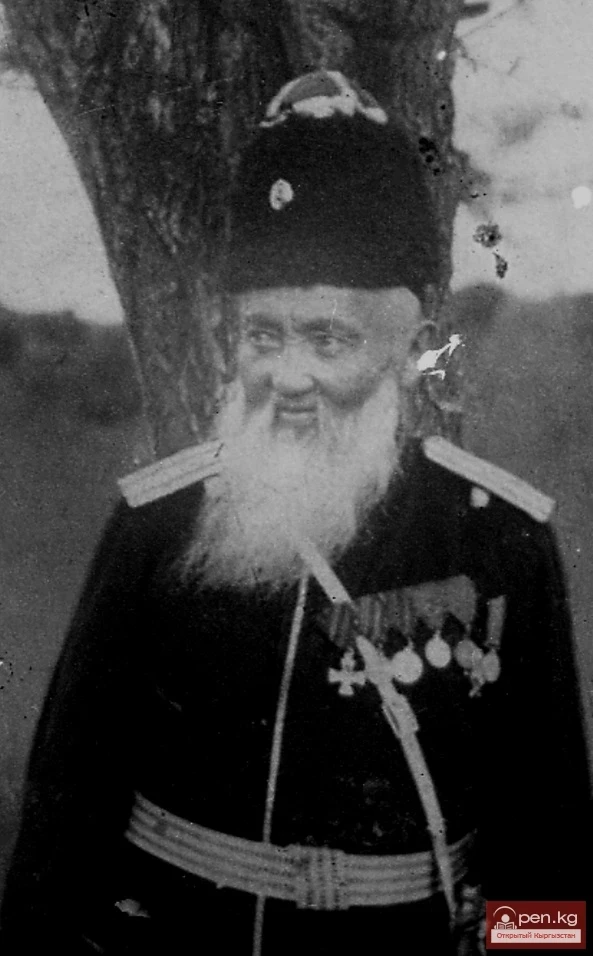
IN THE FIRE OF UPRISINGS AND THE GLORY OF FAME
In 1875, the popular movement of the Kyrgyz against the Kokand yoke reached its peak. The khan fled to Russia. The Kyrgyz proclaimed their appointee - mullah Ishak Hasan-uulu, presenting this impostor as a descendant of the Kokand dynasty of Pulat-khan, as the new ruler. A year later, the troops of the Russian Empire, led by General Mikhail Skobelev, advanced on Alai. The offensive ended with the defeat of the fleeing associates of the self-proclaimed Pulat-khan. Among the supporters of the rebels was Kurmandzhan Datka's eldest son, Abdullabek. He, along with his brothers Mamatbek and Hasanbek, led the movement of the rebels after the death of the rebellious khan. The famous batyr of the northern Kyrgyz, Shabdan Jantaev, also came to assist the Russian troops with his detachment of horsemen. Kurmandzhan was hiding in the mountains.
Soon, the Alai queen was captured. She was escorted to the headquarters of M.D. Skobelev with honors, emphasizing her rank and influence over the Alai Kyrgyz. From that moment on, Queen Alai forever linked her fate with Russia. She established good relations with many representatives of the military and civil administration. She actively corresponded with the military governor of the Fergana region, repeatedly exchanging gifts and photographs with him and other high-ranking officials. There are archival records that the son of Datka, Mamatbek, kept a whole bundle of letters from this correspondence. However, it has not yet been possible to locate these invaluable documents.
Thanks to General Skobelev's victory, peaceful times came to Alai. For Kurmandzhan, a brief period of relative calm began, elevating her to the pinnacle of fame. It was during this time that popular gossip supplemented the title "Queen of Alai" with the honorary title "Mother of the People." The wisdom of the ruler was appreciated by the Turkestan generals-governors. On every occasion, usually during visits to the region, they showered her with rich gifts.
And the chief of the region, General-Adjutant von Kaufman, in 1880 secured the highest approval of the sovereign for granting her a lifetime pension of 300 rubles per year. This was a significant amount of money at that time: for example, with 100 rubles in Russia, one could buy a small village.
But it was not only the regalia and honorary awards that won the hearts of subjects and admirers of the esteemed ruler. According to contemporary accounts, Kurmandzhan was well-versed in European fashion. She tastefully wore exquisite foreign dresses and jewelry. She danced beautifully and spoke several languages that were prevalent in the Kokand Khanate, and she knew Arabic script.
In her advanced age, Kurmandzhan Datka found herself surrounded by universal reverence and fame. But misfortune crept up unexpectedly, wounding the queen to the core...
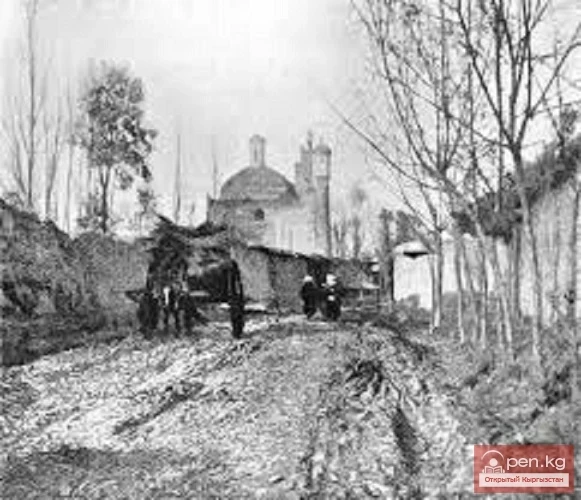
THE CRY OF A MOTHER
The tragedy occurred in 1893. In the border area, a rider and two guards went missing. The authorities were seriously alarmed, mobilizing troops and hiring informants. Soon, the culprits were found. Among them were the queen's most beloved youngest son, Kamchybek, another son, Mamatbek, grandsons Arstanbek, Myrzapayas, and others, totaling 20 people. The detainees were accused of smuggling and the murder of customs officers.
By that time, 82-year-old Kurmandzhan Datka rushed to save her children and grandchildren. She went to Margilan to see the military governor Povalov-Shvyikovsky. Nothing helped. The investigation dragged on for almost two years.
The military court sentenced Kurmandzhan Datka's sons and their close associates: nine to death, including her youngest son Kamchybek. Six were sentenced to exile for hard labor, including Mamatbek, Arstanbek, and Myrzapayas. Eleven defendants were acquitted.
Thus, the elderly Datka learned what it meant to endure endless legal battles. No appeals to the imperial authorities, no reminders of merits, nor the intervention of noble friends influenced the outcome of the case. In the spring of 1895, on March 3, those sentenced to death were brought to the square in the old part of Osh, where they were hanged at 11:10. At that moment, gathering all her strength, Kurmandzhan performed the ancient ritual of her people - she began the "koshok," a lament for the death of her beloved son. The people listened in sorrow and memorized the words. From the crowd, cries of "Innocent!" rang out. But it was all over. Broken by grief, Kurmandzhan Datka retreated to a small village in Alai to mourn the bitter fate of her children.
Few know that the educated, multi-talented Kurmandzhan composed lyrical poems, signing them under the name Ziyat. Contemporaries highly valued the perfection of her poetic lines and placed them alongside the works of other Eastern poetesses, contemporaries of the author: Nadira, Dilshod, and Mahzuna. Moreover, the queen composed not only in her native Kyrgyz but also in Turkic and Persian. Only a small part of her poetic legacy has survived. One hopes that the lost can still be restored. Some 25 years ago, I managed to hold two volumes of a divan (collection), which, according to the custodians of the manuscripts at the Institute of Oriental Studies of the Uzbek Academy of Sciences, contained the poems of Ziyat.
And in the people's memory remain the poetic lines from the aitys - competitions of poets in which the ruler of Alai participated. Additionally, the gazelles of Ziyat, known to Uzbek historians, await their re-translation into Kyrgyz.
It is hard to resist sharing with the reader an excerpt from the famous koshok of Queen Kurmandzhan at the time of her youngest son Kamchybek's execution:
My falcon, son Kamchybek,
You leave this mortal world,
You abandon this unfaithful world,
The cruel age has set its net,
You are caught in a noose,
The soul parts from you.
I have twisted my grief,
To spare the people from trouble,
I have hidden my sorrow in my heart,
To not involve the people in misfortune.
You did not bow your head,
You defended the honor of a warrior.
Like in a wrestling match, bare to the waist,
Disregarding death, in the prime of your strength,
You went into battle without fear.
My faithful son, farewell, forgive. You are a martyr on the holy path!
The study of the works of Kurmandzhan-Ziyat has only just begun, but even in the first published poems, the poetic talent of the author is evident. Thanks to the efforts of several historians, writers, public figures, and artists, the name of the legendary Alai queen has returned from oblivion, once again becoming a guiding star for the generation of Kyrgyzstanis.
THE SECOND LIFE OF THE QUEEN
The wise ruler lives on, but in another dimension - in literature, as well as on the theatrical stage.
Kurmandzhan Datka is also embodied in the granite of monuments in Osh, Alai, Bishkek, and at Issyk-Kul, where a large museum complex in her name is planned to be built.
About this queen, at different times, wrote royal officers B.V. Tagiyev, Finnish Marshal T.G. Mannerheim, Russian writer K. Novoselova, Uzbek scholar X. Bobobekov, Kyrgyz prose writers and poets T. Kasymbekov, M. Abylkasymova, and S. Zhusuyev. The well-known figure was also noted by historians T. Kenenseriev, A. Gaziev, and T. Omurzakova. However, the official historiography of the Soviet era adhered to the principle of "silence." Only thanks to the sovereignty of Kyrgyzstan and the solemn events held in 1991 to celebrate the 180th anniversary of Kurmandzhan was free access opened for comprehensive research into the life of the legendary Alai ruler.
Not long ago, she began to live on the big screen. At the end of 2010, a presentation of the full-length documentary film "Tоо ханшасы" ("Mountain Queen") took place at the Ala-Too cinema in Bishkek. The film was created at the initiative of the Kurmandzhan Datka Charitable Foundation. The film's director is Z. Eraliyev, the screenwriter is Yu. Toichubekov, and the producer is Zh. Dzholdoshova. At the film's presentation, the President of Kyrgyzstan, Roza Isakovna Otunbayeva, proposed declaring 2011 the Year of Kurmandzhan Datka. It is also planned to create a feature film, publish a fundamental scientific monograph, and hold a series of republican and international conferences - all primarily funded by non-budgetary sources. The implementation of these plans is coordinated by the aforementioned Kurmandzhan Foundation.
Thus, the history of the new life of the proud queen of Alai is being written. We are writing it together with you. Here are a few more lines from this true poem of life. In June 2011, a summer school for young historians from the CIS countries on the issues of Eastern cultural heritage took place at Issyk-Kul. The discussion focused on Kurmandzhan's role in the history of Central Asia and Russia.
Participants in this meeting were to find an answer to the challenging question: "What future do we prepare for the past of our country?".
And today, contemporaries and descendants, all the residents of Kyrgyzstan consider it their human and civic duty to pay tribute to the memory of Kurmandzhan Datka - the mother of the Kyrgyz people.
May her great name be glorified through the ages!
Vladimir Ploskikh, Academician, Doctor of Historical Sciences, Professor;

